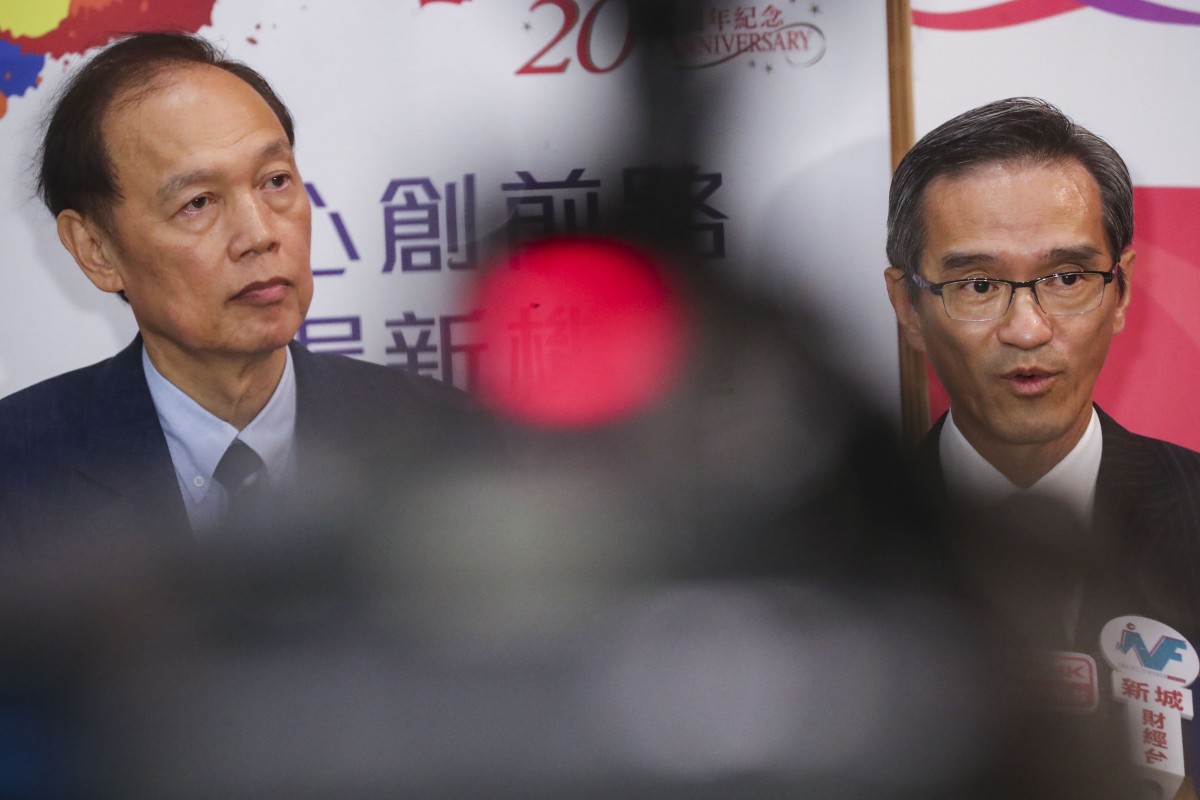
Carrie Lam’s Land Supply Task Force won’t really represent the public’s views on housing policies or land reclamation

 Vice-Chairman, Greg Wong (left) and Chairman, Stanley Wong Yuen-fai (right) of the Land Supply Task Force.
Vice-Chairman, Greg Wong (left) and Chairman, Stanley Wong Yuen-fai (right) of the Land Supply Task Force. The long-standing problem of housing shortage has proven to be quite an obstacle for the government. To continue the legacy of Former Chief Executive Leung Chun-ying, Chief Executive Carrie Lam announced that a 30-member committee will be formed to investigate on issues of land supply and hopefully deliver a solution for the government.
Firstly, it is oddly suspicious as Carrie Lam said that this land supply task force will only be appointed for 18 months rather than 2 or 3 years as is common practise, with the rationale being that the issue of housing supply is an urgent matter. While it is indeed an urgent matter, that does not mean that we should be rash about the planning of land supply. As one of the members of the task force Stephen Wong Yuen-shan conceded, the planning on the sourcing of land in Hong Kong may require a time frame of 20-30 years. Eighteen months definitely isn’t long enough for a comprehensive plan on something that would take decades to actually execute.
Moreover, Carrie Lam claimed that the establishment of this task force will initiate a “big debate” within society so that everyone’s voices are heard. However, while many of the opposition against the government’s land development proposals stem from the green groups or environmental concern groups, they are barely represented in the task force, if at all. The only two experts who were described by the government as environmental experts are experts in geography but not ecology or environmental conservation. While it should be noted that there no experts on leisure or recreational development either, the lack of environmental experts is the most damaging piece of evidence against the task force’s ability to represent different stakeholders.
In fact, many members of the committee share completely homogenous views. A number of them agree with the land reclamation of the Plover Cove Reservoir or the utilization of Country Parks for housing purposes, yet the public clearly holds different views and reasons for opposing these plans. A debate can only happen with more than one view; when people have the same view it is an endorsement of a proposal rather than a discussion on it.
The various problems highlighted above serve to prove that starting a discourse within the society was never the purpose of such a task force, nor was it searching for a solution. Eighteen months was never enough time to search for a solution to begin with. The task force exists only to show that the opinion of the various stakeholders has been adequately catered for such that by utilizing the expert advice from the task force, the proposals the government has in mind are endorsed. After all, the struggle for finding land has become more of a political problem than a matter of policy.
Edited by Charlotte Ames-Ettridge
